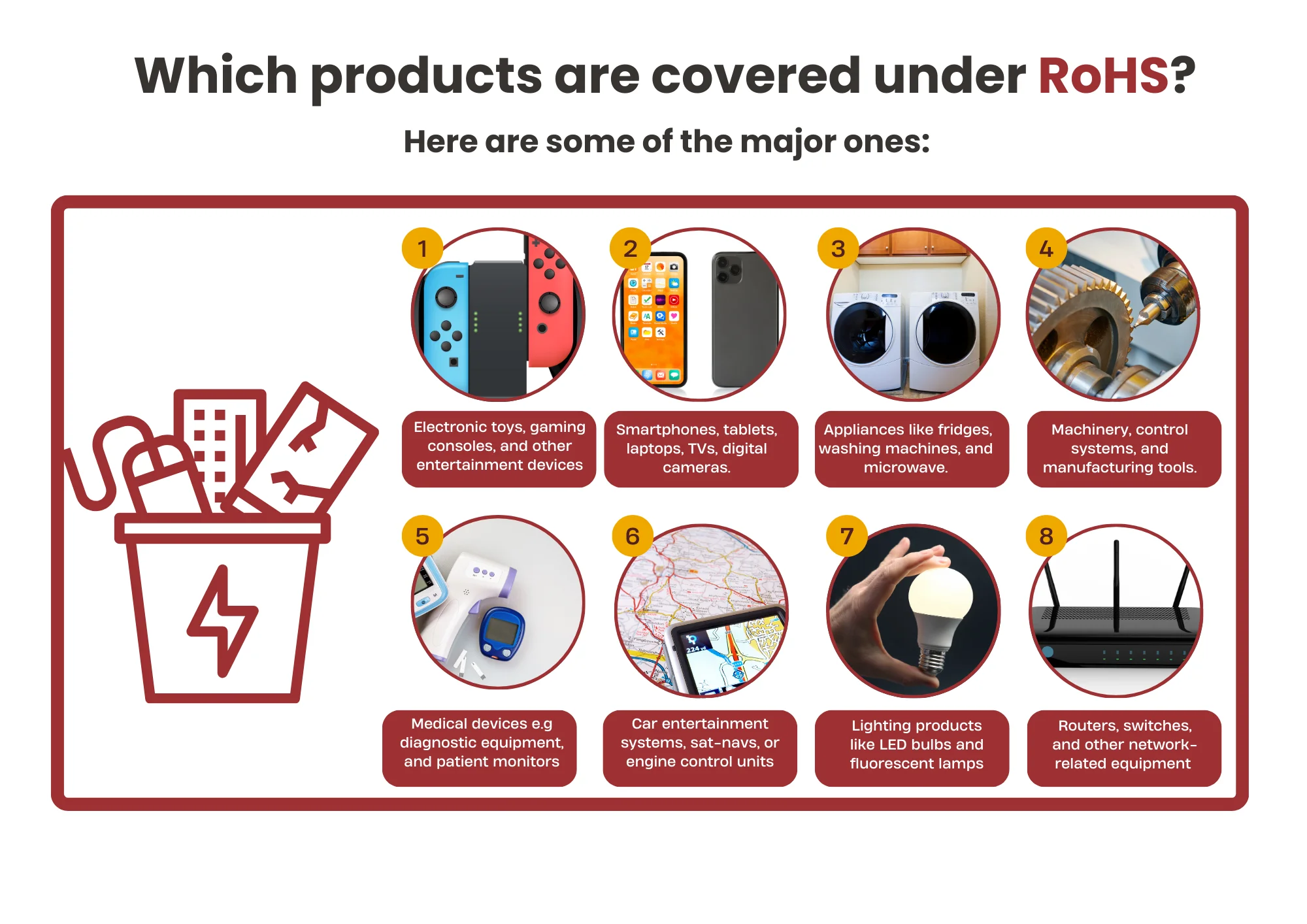
Battery Testing (UN38.3 Certification / IEC/EN62133 / MSDS Report)
Battery testing involves the following items:
1. Lithium Battery un38.3 certification
2. IEC/EN62133
3. Air/Sea Transport Identification Certificate (conditional on UN38.3 approval)
4. MSDS (SDS) Report

Aviation Transport UN38.8 Certification:
UN38.3 refers to Section 38.3 of the United Nations Manual of Tests and Criteria, specifically designed for the transportation of dangerous goods. It requires rigorous testing including simulated altitude, temperature cycling, vibration, shock, short-circuit at 55℃, impact, overcharge, forced discharge, to ensure the safe transportation of lithium batteries. Additionally, if lithium batteries are not installed in equipment and each package contains more than 24 cells or 12 batteries, they must also pass a 1.2-meter free-fall test.
Certification Samples/Cycle:
Samples: 25 battery cells (for battery packs), or 37 battery cells (for individual cells)
Cycle: 3-4 weeks
IEC/EN62133 Certification:
IEC62133: This is an internationally recognized standard. Passing safety tests according to this standard allows for cb certification application.
EN62133: This is required for CE certification when exporting batteries to the European Union.
IEC62133/EN62133: This certification standard covers safety requirements for rechargeable batteries and battery packs, as well as alkaline or other non-acid electrolyte sealed portable batteries. Testing includes continuous low-rate charging, vibration, high-temperature shell stress, temperature cycling, reverse charging (nickel), external short circuit, free-fall, mechanical shock, thermal abuse, compression, low pressure, overcharge (different for nickel and lithium), forced discharge, and high-rate charging.
Certification Samples/Cycle:
Samples: 45 battery cells (for finished products) or 25 battery cells (for individual cells)
Cycle: 3 weeks
Energy Storage IEC/EN62619 Certification:
IEC62619: This is an internationally recognized standard, typically required for safety labeling of large batteries (energy storage systems).
IEC62619: This is required for CE certification when exporting energy storage systems to the European Union.
IEC6619/EN62619: This certification standard covers safety requirements for rechargeable batteries and battery packs, as well as alkaline or other non-acid electrolyte sealed portable batteries. Testing includes continuous low-rate charging, vibration, high-temperature shell stress, temperature cycling, reverse charging (nickel), external short circuit, free-fall, mechanical shock, thermal abuse, compression, low pressure, overcharge (different for nickel and lithium), forced discharge, and high-rate charging.
Certification Samples/Cycle:
Samples: 23 battery cells or 9 finished products
Cycle: 40 working days
MSDS Certification:
MSDS, now known as SDS (Safety Data Sheet), is a comprehensive document required by regulations that chemical manufacturers or sellers provide to customers. It includes 16 sections of information such as chemical composition, physical and chemical parameters, combustibility, toxicity, environmental hazards, safety instructions, storage conditions, leak emergency handling, and transportation regulations.
The U.S. GHS, implemented on March 26, 2012, covers corresponding provisions of the United Nations GHS regarding chemical classification and labeling requirements. It specifies GHS labels, hazard categories, and safety data sheets for workplace chemicals, posing new challenges to global chemical manufacturers. During the transition period of GHS implementation, companies can use either the old HCS standard or the new HCS standard. However, all manufacturers and distributors must update all old MSDS to comply with the OSHA GHS's new SDS report by June 1, 2015, ensuring the adoption of the new regulations.
A professional SDS report helps users understand the hazards of a product and prevents potential harm during use. Furthermore, it represents a company's good management level, facilitating smoother product sales.
Roles of MSDS Report:
1. Provides information on chemical hazards to protect chemical product users.
2. Ensures safe operation and provides technical information for developing hazardous chemical safety operating procedures.
3. Provides technical information helpful for emergency response and accident emergency handling.
4. Guides the safe production, circulation, and use of chemicals.
5. Serves as an important basis and information source for chemical registration management.
Email:hello@jjrlab.com
Write your message here and send it to us
 EMC Pre Compliance Testing
EMC Pre Compliance Testing
 PAHs Testing (Food and Textile)
PAHs Testing (Food and Textile)
 Where to Apply for the EU RoHS Test Report?
Where to Apply for the EU RoHS Test Report?
 Children’s Products and Toy Testing
Children’s Products and Toy Testing
 What is a GB 31701 Test Report?
What is a GB 31701 Test Report?
 UN 38.3 Transportation Test
UN 38.3 Transportation Test
 Toxicological Risk Assessment of Medical Devices
Toxicological Risk Assessment of Medical Devices
 How to get the Vacuum Cleaner UL 1017 Test Report?
How to get the Vacuum Cleaner UL 1017 Test Report?
Leave us a message
24-hour online customer service at any time to respond, so that you worry!




